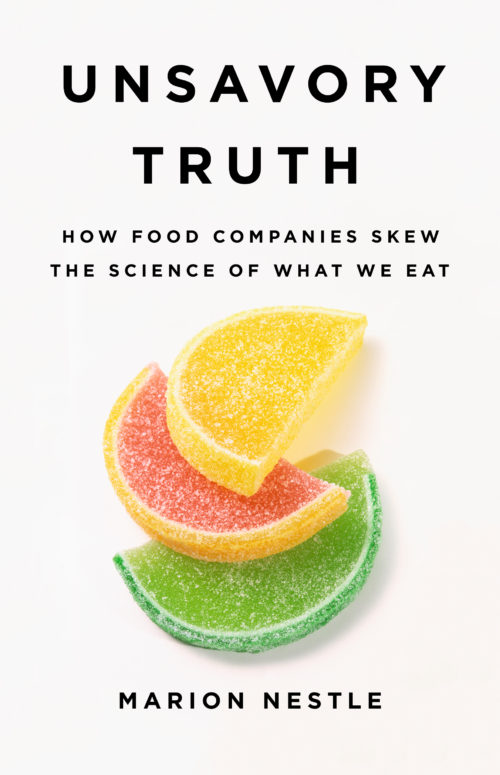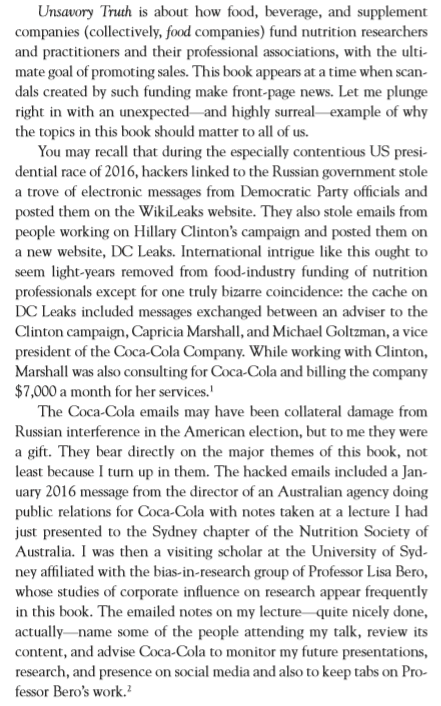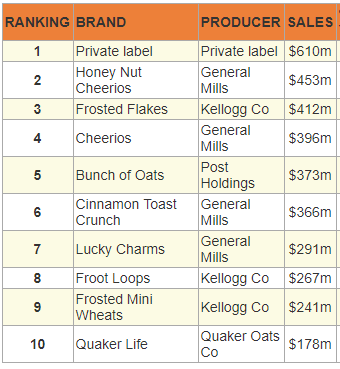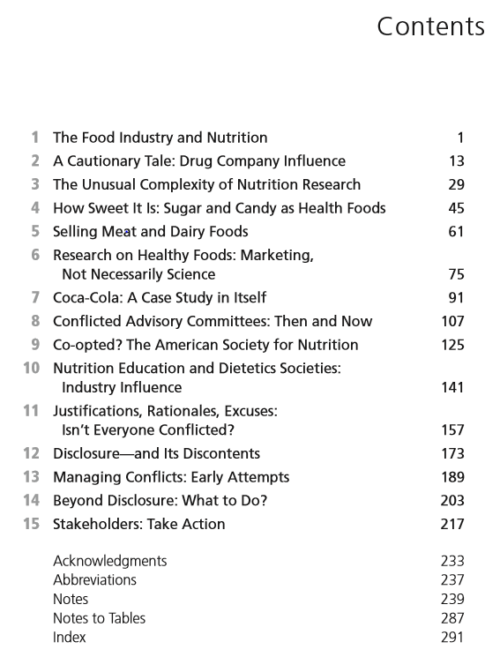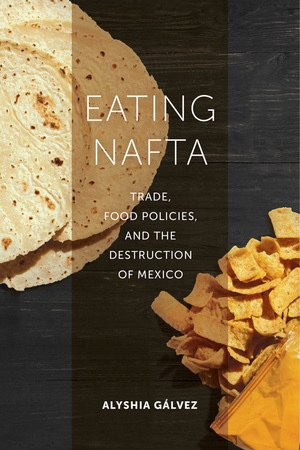Connecting the dots: The trade war with China and feeding America’s poor
I was struck last week by an article in the Wall Street Journal with this intriguing title: “Food Banks Reap Unexpected Bounty From Trade Disputes.”
I thought this was an especially poignant example of food politics from a food systems perspective—looking at the big picture context of what we eat, from production to consumption to waste.

Our current trade war with China is having a series of effects:
- China has retaliated by putting import tariffs on US food products, reducing their sales in that country.
- Because we greatly overproduce food, and depend on exports to sell it, we now have a glut of products that can’t be sold—soybeans mainly, but also pork, apples, cheese, figs, peanut butter, orange juice, and others.
- The Trump Administration says it will help farmers hurt by the trade dispute by buying their products to the tune of $1.2 billion so far.
- Food banks have no idea how they can handle all of what will be dumped on them—950 million pounds on top of the 700 million pounds they usually get—because they do not have the money to process and store the donations (one organization says this costs 23 cents per pound of food).
- The food bank trade association, Feeding America, is calling for $200 to $300 million to pay for distributing the excess burden of food donations.
None of this makes sense to me.
Wouldn’t it be a whole lot better to
- Prevent or end this trade dispute?
- Ensure that food banks are unnecessary?

